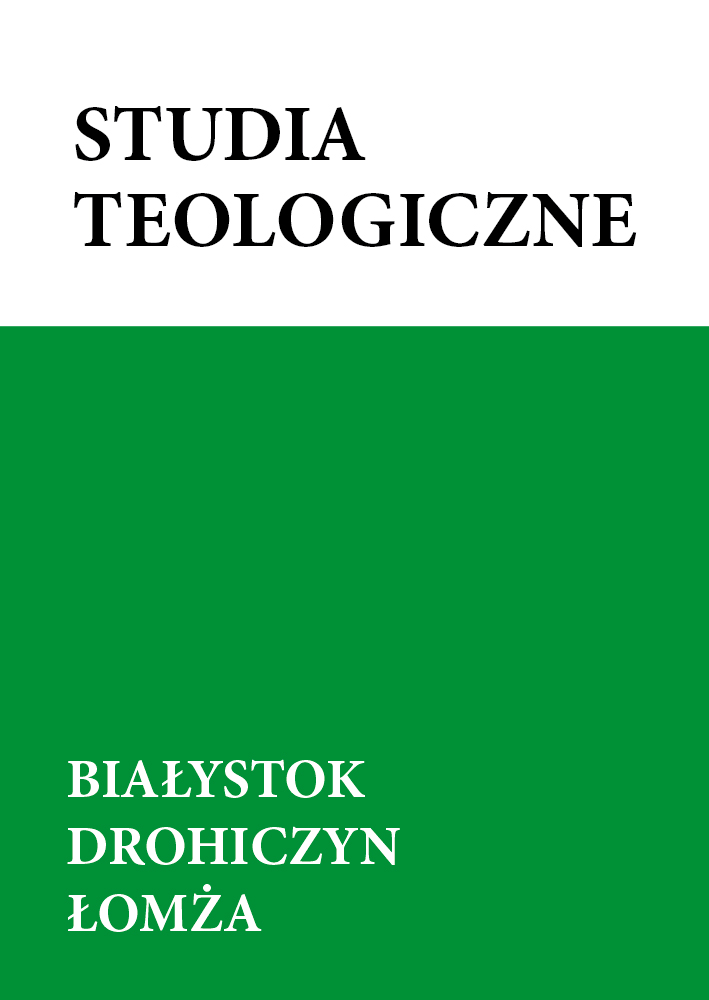Augustyńskie źródła anzelmiańskiej i kartezjańskiej wersji dowodu ontologicznego na istnienie Boga
The Augustinian Sources of the Anzelmian and Cartesian Versions of the Ontological Argument for the Existence of God
Author(s): Grzegorz BaczewskiSubject(s): Christian Theology and Religion, Philosophy of Religion, Ontology
Published by: Kuria Metropolitalna Białostocka
Summary/Abstract: This paper considers the Augustinian influence on the Anselmian and Cartesian versions of the ontological argument for God’s existence. All three thinkers take as a premise of the argument the idea of God innate in all human minds (but not the material world as in the Thomistic quinquae viae).This innateness of God’s notion has its source in Platonism, especially in Neo-Platonic philosophy. Both Saint Anselm and Descartes understood and described God as ,,the being a greater than which cannot be conceived” (ens quo nihil maius cogitari nequit) or as ,,the most perfect being” (ens summe perfectum) an understanding originally reached by Saint Augustine. In conclusion the author of the paper shows that both the differentiation of existence (esse) and essence (essentia) in all beings, and treating God as the only being with eternal, immutable and necessary existence, have their source in Augustinianism. An additional conclusion is that all three forms of ontological argument (in Augustine’s case the proto-ontological one as it is not a full version of ontological argumentation and only forms part of his other arguments) are a continuation of Neo-Platonism, mainly its idealistic elements. This shows us that there is a continuity of ancient, medieval and modern philosophy which can help us to understand the situation of contemporary philosophy
Journal: Studia Teologiczne Białystok Drohiczyn Łomża
- Issue Year: 27/2009
- Issue No: 1
- Page Range: 397-423
- Page Count: 27
- Language: Polish

